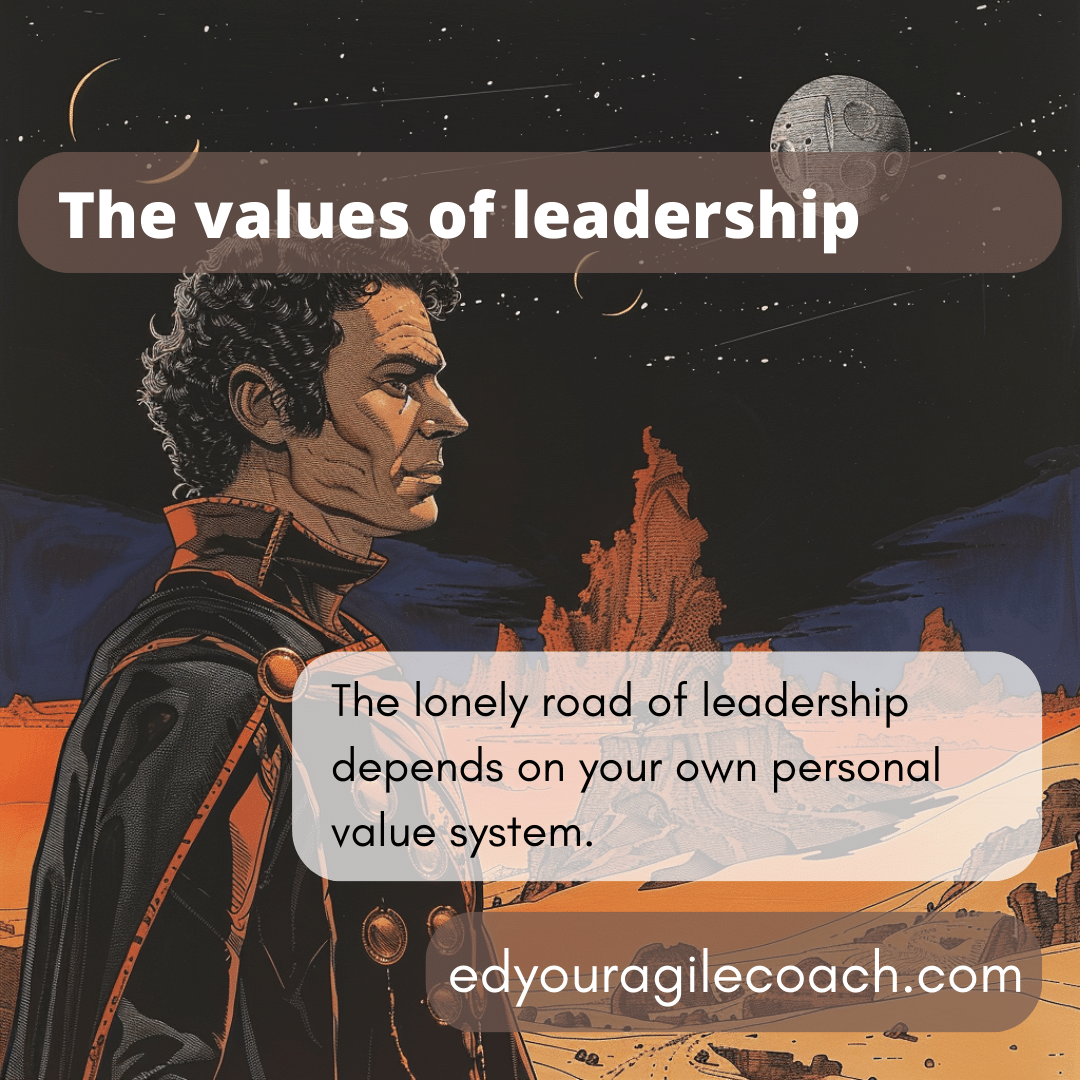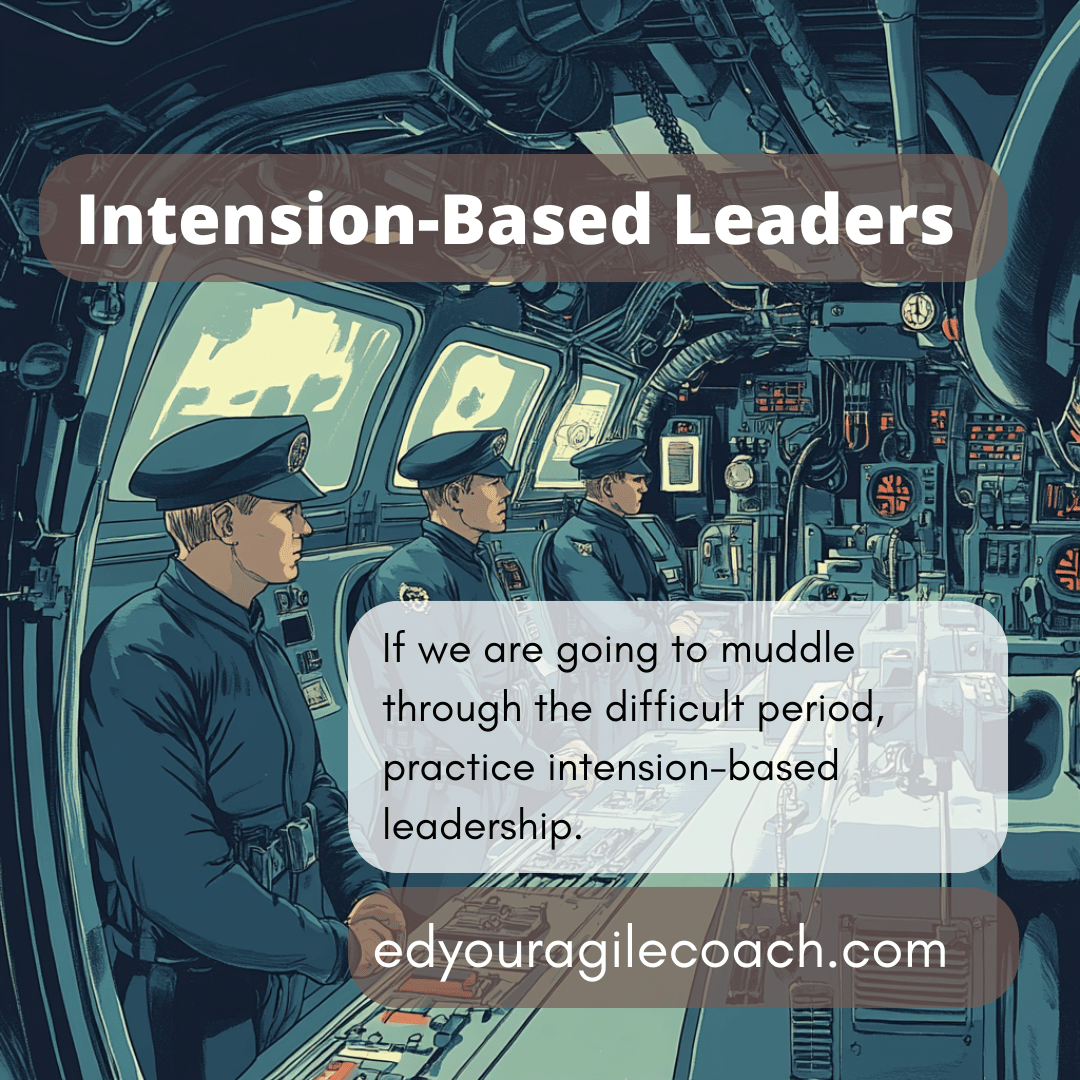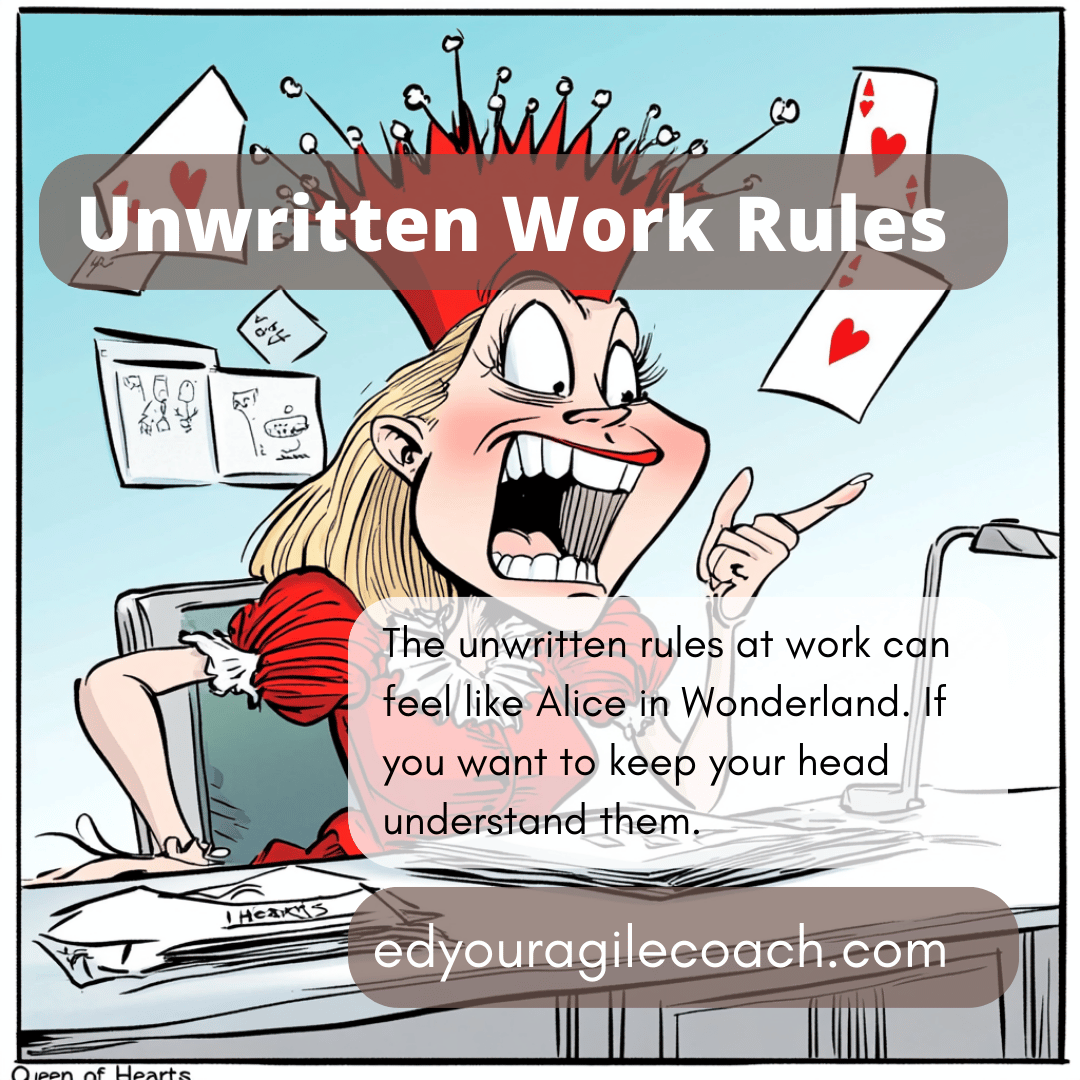The values which shape someones leadership

The business world can seem tedious and uninteresting to those outside its daily intrigues. To people who build things or work as first responders, accounts receivable and memos are boring. They need to understand that decisions made in boardrooms, offices, and cubicles impact us everywhere in the economy. People we do not see daily are collecting money, gathering information, telling stories, and making decisions about our lives in office buildings. It is less public than our political process but just as important, so we must ask ourselves what values we want from the business people in our world.
Since the financial crisis of 2008, capitalism has received a justifiably lousy name in the press and academic circles. Journalist Matt Taibbi compared an investment bank to a vampire squid and provided evidence of the comparison's accuracy. The book 'Capitalist Realism' argues that global capitalism warps our society and culture. Abigail Thorn even points out that technological innovations like Artificial Intelligence require massive amounts of energy and the misappropriation of data worldwide. It is hard to refute this argument: capitalism, when it becomes giant, global, or oligarchical, is terrible.
What should a businessperson do in this situation? One option is to play the game as it currently exists and sacrifice your values for a comfy office and steady paycheck. I know lots of people like this, and there is something tragic and stunted about these people. As a group, they are detail-oriented, good at saying things people want to hear, and terrified of anything different or creative. It is a self-constructed purgatory with no security or solace until stock options mature or retirement arrives. Another option is to drop out and become a freelancer or entrepreneur. Freedom is excellent, but it creates tremendous insecurity. As a failed entrepreneur, I speak from experience that chasing a dream is nice until you have to sell that dream to others. It is humbling when you slide a contract across a table, and the customer decides not to call you back. The final choice is to attempt to reform the system from the inside, showing people a better way to do business.
Instead of being a revolutionary, I have chosen that third path. I am a reformer and a proud missionary of the Agile Reformation in the workplace. While navigating power dynamics in many businesses can feel isolating, choosing your path with integrity builds a strong community of like-minded individuals. It creates numerous awkward moments at work because you ask uncomfortable questions and point out data that contradicts basic assumptions. When everyone is sucking up, you are often the minority voice, and you receive a performance appraisal that tells you you are not a team player when you spend more time in the office than your boss, ensuring the technology team delivers.
Many people take a different path. Like them, I didn't choose this one myself; instead, it found me. I had software teams depend on my leadership, and I could not disappoint them. The experience shaped me, and I have not looked back. It is like the passage from the New Testament where an apostle feeling regret asks why he chose a life of poverty on the road with Jesus of Nazareth. I call this movement in the business community a reformation because it wasn't a conscious choice to join for many of us involved. Instead, we found ourselves in situations that demanded ethical action—naturally, our values aligned with creating a more satisfying, sustainable, and sane work environment.

I am a big fan of Frank Herbert and his Dune books. I also enjoy some of his more obscure works, including; "Destination: Void" and "The Jesus Incident." When my father gave me my first copy of Dune at thirteen, it was like catnip to a teenage boy. Who does not want to be a gifted warrior prince who goes native, falls in love, and then dishes out vengeance in a sweet fashion to everyone who has wronged them? As I got older, I realized it was a critique of religious zealotry, political corruption, and the perils of charismatic leadership. I remain a fan of the books because of the juxtaposition of the House Atredies and its rivals, House Corrino and House Harkonen. The Corrinos were amoral, comfortable with power and prestige, and spent plenty of time looking respectable while doing despicable things. The Harkonens are vile, decadent, depraved, and sadistic. You could not have better villains in science fiction.
So often, I ask myself, I would be a noble Atreides or a vile Harkonen. I often choose the Artredes way of doing things because of the loyalty it inspires. I am aware the book paints the Atreides story in a more nuanced fashion, and they are compromised numerous times, but their intentions are worthy, and to me, that counts for something in this absurd life.
Each day, I choose to be a noble Atredes instead of a Harkonen or Corrino. It makes me lonely, but others count on me to walk it because they need more from the business world than bland gray cubicles, accounts receivable, and amoral decision-making. A little nobility is in order.
Until next time.




Comments ()